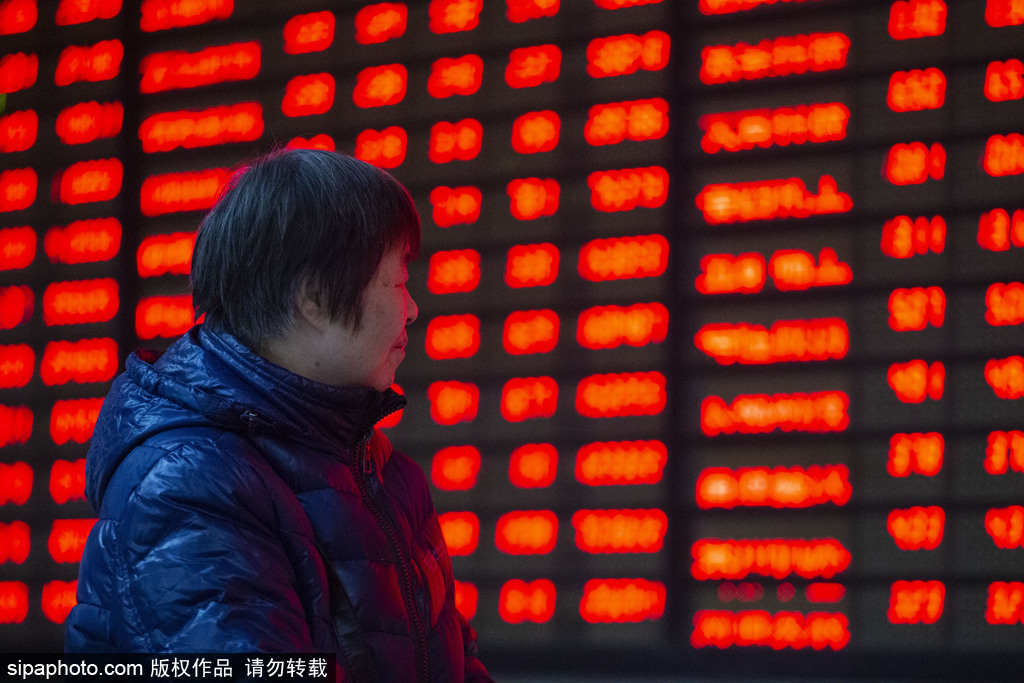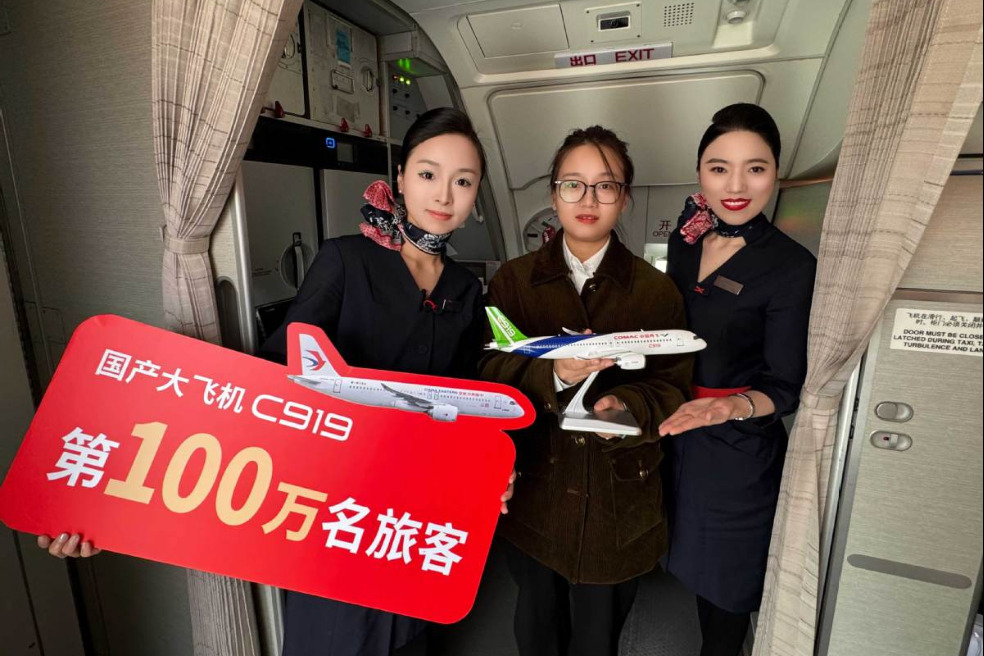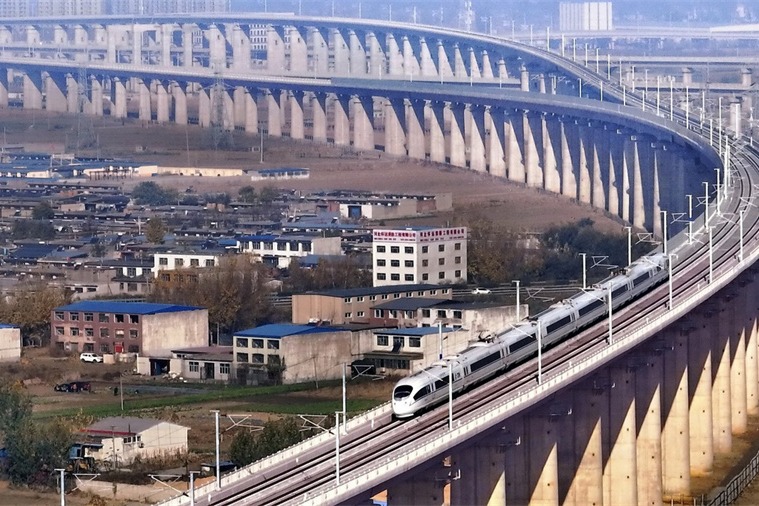Delistings by A-share companies to rise this year


A record number of A shares are likely to be delisted this year due to their sustained low stock prices, an indication that efforts to boost the quality of listed firms are making steady headway, analysts said on Monday.
From the beginning of the year to Monday, the Shanghai and Shenzhen exchanges delisted or announced the delisting decision of four A-share companies under the delisting rule based on stock price, according to statements from the bourses.
The rule stipulates that mainland listed equities with a closing price of below 1 yuan (14 cents) for 20 consecutive trading sessions will be delisted.
Another four A shares are likely to be delisted due to low stock prices. Their stock prices had closed below 1 yuan for 20 trading days in a row and await the exchanges' decision of whether to delist the stock, according to market tracker Wind Info.
This has signaled that the number of A shares getting delisted because of low stock prices this year will likely hit a record high, which stood at four in 2019, one in 2018 and zero in the previous years since the delisting standard was introduced in 2012, market data showed.
Analysts said the firms facing delisting risks from continuous low stock prices usually lack profitability and even indulge in misconduct.
The accelerated delisting of those companies, therefore, will help boost the quality of listed firms and free more financing resources to companies with strong fundamentals, they said.
"The swell in delisting represents a revolution in the investment mindset, and is attributable to the market-oriented initial public offering reform and the tightened delisting rules," said Dong Dengxin, director of the Finance and Securities Institute at the Wuhan University of Science and Technology.
China kicked off the implementation of the registration-based IPO system on Shanghai's STAR Market last July, which eased the IPO standards for tech startups and shortened the IPO process.
With an easier access to equity financing through IPOs, less companies have chosen reverse mergers to get listed, whereby a nonpublic company seeks floats by acquiring a low-value listed firm. The speculative trading of low-value listed firms hence abated and caused more A shares to drop below the face value, Dong said.
As a major step of better leveraging the role of the market in resource allocation, China will soon expand the registration-based reform onto Shenzhen's innovative startup-heavy ChiNext board and release a slew of detailed regulations, officials said.
Wendy Liu, head of China Strategy at UBS Investment Research, said the implementation of the registration-based system on ChiNext may further increase the number of delistings of A-share companies with weak fundamentals, helping enhance the quality of listed firms.
To better protect investors' legitimate rights while facilitating delisting, analysts called for strengthening the crackdown against illegal market behavior of the delisted companies as well as the compensation for the induced losses of investors.
Mainland stocks were mixed on Monday, as the benchmark Shanghai Composite Index rose by 0.24 percent to 2937.77 points, while the ChiNext Index fell by 0.59 percent to 2153.56 points.



































